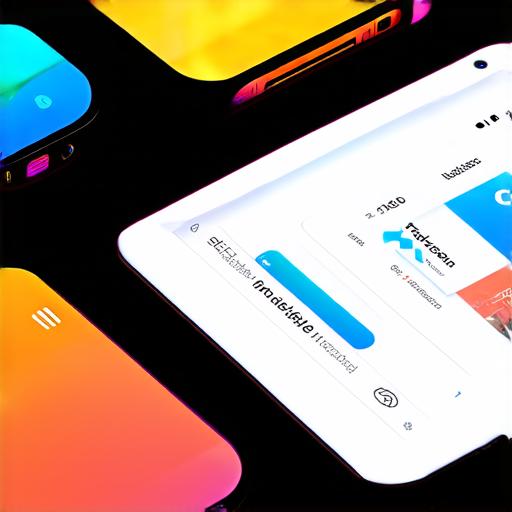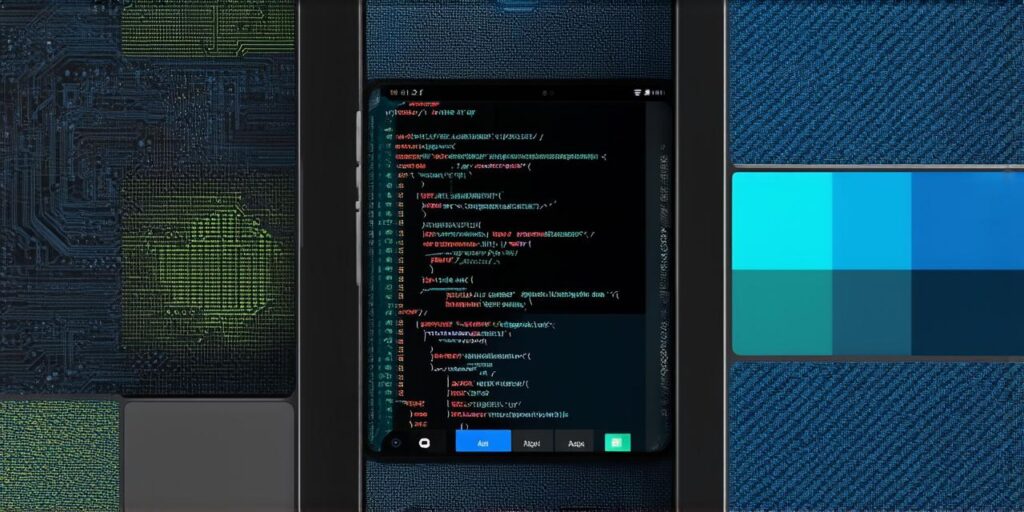Mobile apps have become an integral part of our daily lives. Whether it’s for entertainment, work, or communication, there’s always an app that can make our lives easier and more convenient.
However, creating a mobile app isn’t as easy as it sounds. It requires a combination of technical skills, creativity, and project management expertise.
There are numerous software options available for developing mobile apps, each with its own strengths and weaknesses. In this article, we will explore some of the best software for creating mobile apps, along with their features, pricing plans, and user reviews.
1. React Native
React Native is a popular open-source software used to develop cross-platform mobile apps. It was created by Facebook and allows developers to write code once and deploy it across both iOS and Android platforms. This means that you don’t have to learn two different programming languages, saving time and effort.
React Native uses a JavaScript runtime and allows developers to use popular libraries like Redux and GraphQL for state management and data fetching. It also supports popular frameworks like Expo and React Navigation, making it easy to build complex apps with minimal code.
React Native has a large and active community, making it easier to find support and resources. It’s also widely used by companies like Facebook, Instagram, and Airbnb, making it a reliable choice for building high-quality mobile apps.
2. Flutter
Flutter is another popular cross-platform mobile development software created by Google. It uses the Dart programming language and allows developers to build apps that run natively on both iOS and Android platforms.
Flutter is known for its fast performance and smooth animations, making it a great choice for building gaming and multimedia apps. It also supports popular frameworks like Riverpod and Provider for state management and data fetching.
Flutter has a growing community of developers, with many resources available online. It’s also widely used by companies like Google, Alibaba, and Tencent, making it a reliable choice for building high-quality mobile apps.
3. Xcode
Xcode is a popular integrated development environment (IDE) used by Apple developers to build iOS and macOS apps. It’s known for its user-friendly interface and powerful debugging tools, making it easy to develop complex apps.
Xcode supports Swift and Objective-C programming languages, and includes popular frameworks like UIKit and Core Data for app development. It also has built-in support for testing, debugging, and analytics.
Xcode is widely used by Apple developers, making it a reliable choice for building high-quality iOS apps. However, it’s only available on macOS and requires a paid subscription to the Mac App Store.
4. Android Studio
Android Studio is a popular IDE used by Google developers to build Android apps. It’s known for its fast performance and powerful debugging tools, making it easy to develop complex apps.

Android Studio supports Java and Kotlin programming languages, and includes popular frameworks like Retrofit and RxJava for app development. It also has built-in support for testing, debugging, and analytics.
Android Studio is widely used by Google developers, making it a reliable choice for building high-quality Android apps. However, it’s only available on Windows and Linux operating systems and requires a paid subscription to the Android App Bundles program.



